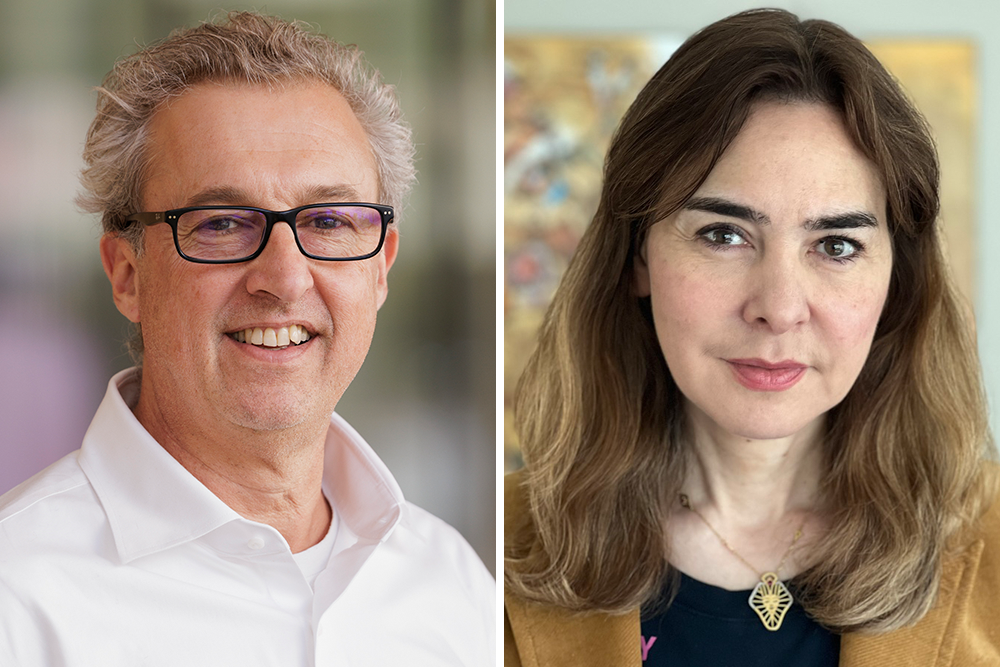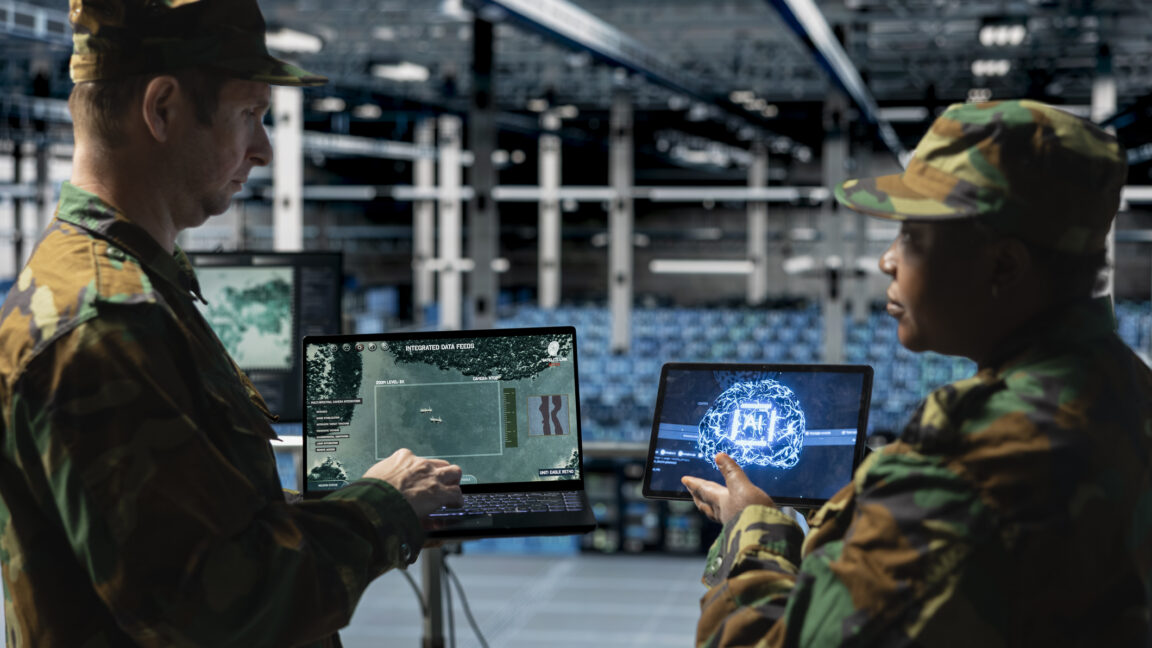Introduction to Kimaya Lecamwasam
Kimaya Lecamwasam, also known as Kimy, is a computational neuroscientist and singer/songwriter who plays electric bass and guitar. Music has been a core part of her life for as long as she can remember, growing up in a musical family and playing in bands throughout high school. For Kimy, writing and playing music was the clearest way she had to express herself, especially as a shy and anxious kid. Over time, composing and performing music became central to both how she communicated and managed her own mental health.
The Connection Between Music and Neuroscience
Kimy’s passion for music is what sparked her interest in neuroscience. She credits her passion for music as the catalyst for her interest in the science behind it. She wanted to understand why music has such a powerful hold on us. Kimy earned a bachelor’s degree in 2021 from Wellesley College, where she studied neuroscience and music. During her first semester, she took a class in songwriting that made her more aware of the connections between music and emotions.
Graduate Research and Career
Kimy is currently in the third year of her doctoral program in the Opera of the Future group at the MIT Media Lab. Her master’s thesis focused on "pharmamusicology," looking at how music might positively affect the physiology and psychology of those with anxiety. Her research explores the various impacts of music and affective computing on physical, mental, and emotional well-being. She is investigating the impact of large-scale live music and concert experiences on the mental health and well-being of both audience members and performers.
Collaborations and Projects
Kimy has collaborated with organizations such as Carnegie Hall’s Weill Music Institute and the North Shore Lullaby Project in Massachusetts. She is also working with companies like Myndstream, PixMob, and Empatica on projects comparing the emotional resonance of AI-generated music to human-composed music. Her goal is to identify more ethical applications of emotion-sensitive music generation and recommendation that preserve human creativity and agency, and can also be used as health interventions.
Building Community
Kimy is not only a talented researcher but also a devoted community-builder. She has participated in the SOS program, which assists students from a variety of life experiences and backgrounds during the process of applying to the Program in Media Arts and Sciences. She will soon be the first MAS peer mentor, establishing and coordinating programs to help incoming master’s students transition into graduate student life at MIT.
Conclusion
Kimaya Lecamwasam’s story is a testament to the power of music and its impact on our lives. Her research and career are a perfect example of how science and art can come together to create something beautiful and meaningful. Kimy’s passion for music and neuroscience has led her to make a difference in the world, and her community-building efforts have inspired others to do the same.
FAQs
- What sparked Kimaya Lecamwasam’s interest in neuroscience?
Kimy’s passion for music sparked her interest in neuroscience, as she wanted to understand why music has such a powerful hold on us. - What is Kimy’s research focused on?
Kimy’s research explores the various impacts of music and affective computing on physical, mental, and emotional well-being. - What organizations has Kimy collaborated with?
Kimy has collaborated with organizations such as Carnegie Hall’s Weill Music Institute, the North Shore Lullaby Project, and companies like Myndstream, PixMob, and Empatica. - What is Kimy’s goal in her research?
Kimy’s goal is to identify more ethical applications of emotion-sensitive music generation and recommendation that preserve human creativity and agency, and can also be used as health interventions.











